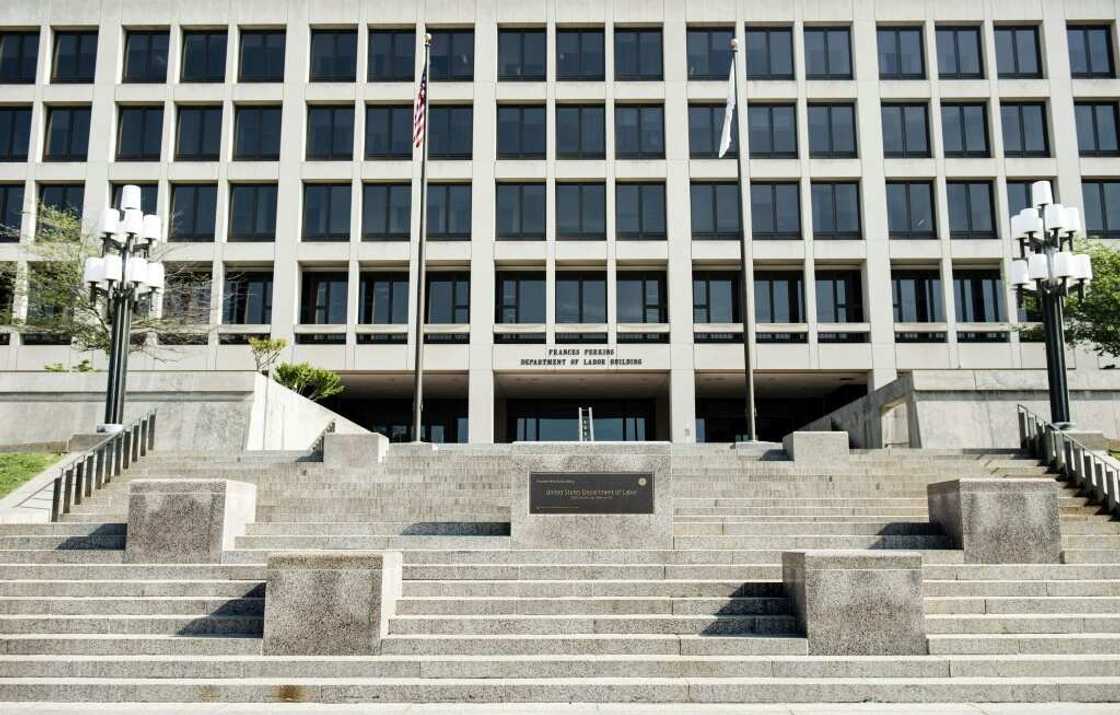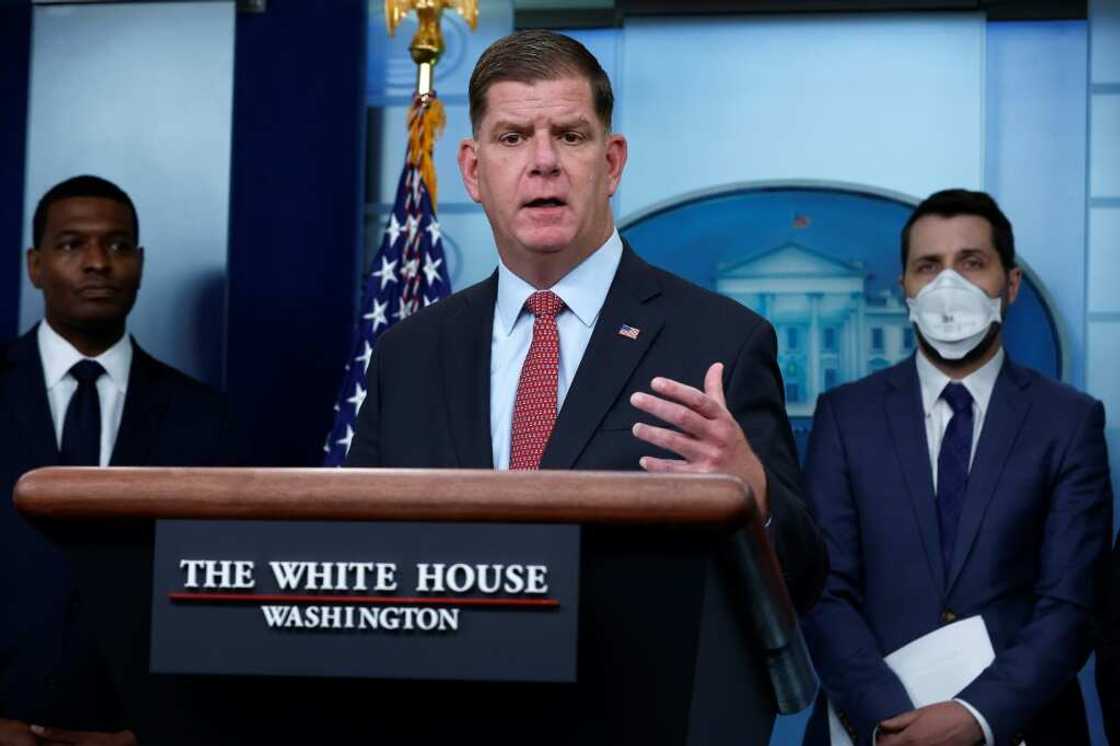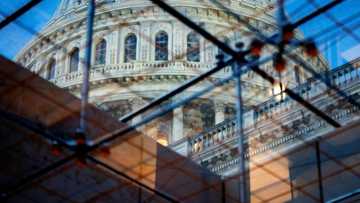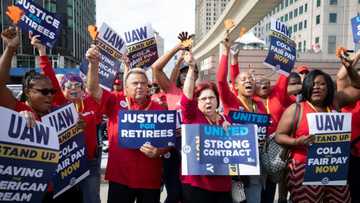US states relax child labor laws amid rise in illegal work

Source: AFP
Working in industrial laundries at age 14, laboring up to 35 hours a week on top of school -- some US states are relaxing the barriers to employing minors, despite rising cases of exploitation.
At least five states have amended their legislation covering adolescent job regulations, with Arkansas being the latest to see changes take effect in August.
But such shifts come as the number of illegally employed minors has surged by 69 percent since 2018, according to Labor Department figures.
Removing the work permit process for young people in Arkansas "might sound like it's not a big deal, but we actually think it's a pretty impactful law," said Reid Maki, coordinator at the Child Labor Coalition.
"Eventually this will allow some kids to end up in jobs they really shouldn't be in," he told AFP, adding that the work permit requirement "should not have been removed."
A spokesperson for Republican Governor Sarah Huckabee Sanders pushed back against that characterization, saying it is "still illegal for minors to work dangerous jobs."
PAY ATTENTION: Share your outstanding story with our editors! Please reach us through info@corp.legit.ng!
"This bill simply makes it legal for anyone in Arkansas aged 14 and up to work without a permission slip from the government," added the spokesperson for Sanders, a former White House press secretary for ex-president Donald Trump.
But some fear an erosion of protections, with Maki noting that the Labor Department has fewer than 800 inspectors covering the country's 11 million workplaces.
'Inconsistent' with federal protections

Source: AFP
Over the last two years, at least 14 states introduced or passed laws eroding child labor standards, according to a report by the Economic Policy Institute (EPI), a progressive think tank.
"They do that in a variety of ways, either by extending hours, by expanding the industries in which young workers can work at, or allowing them to serve alcohol," said Nina Mast, coauthor of the report.
Five states have gone as far as amending their legislation, the report added: Arkansas, Iowa, Michigan, New Hampshire and New Jersey.
While federal laws governing child labor protection date back to 1938, states can detail their own legislation -- though it must be more protective than federal baseline.
In Iowa, a law passed in May loosened restrictions on hazardous work and lowered the age required for employees who serve alcohol.
This is ostensibly aimed at allowing "young adults to develop their skills in the workforce," Governor Kim Reynolds said in a press release.
But EPI calls it "one of the most dangerous rollbacks of child labor laws in the country."
Labor Department officials wrote in an August letter that some provisions of Iowa's child labor law "appear to be inconsistent" with federal child labor protections.
This came as department officials were approached by elected Democrats opposed to the reforms.
Apart from allowing kids to perform certain dangerous tasks, the changes also enable those under 16 to work until 9 pm during school days, up from 7 pm.
Federal laws authorize teenagers aged 14 and above to work three hours a day, and up to 18 hours a week during the school term.
This is "the right protection," Maki said.
Modern problem

Source: AFP
"The current employment situation that we're in, with a tight labor market, has really exacerbated a push by employers to be able to exploit younger workers," said Mast, the coauthor of the EPI report.
Businesses are "capitalizing on this current moment to push to erode protections," she added. "But that effort is not new."
Maki stressed that protections should not be weakened just to provide workers for the labor market.
"The lifelong earnings of a child, of an individual, really depend a lot on whether they go to high school and go to college," he said.
In February, President Joe Biden's administration announced its intent to step up the fight against illegal child labor, amid an influx of often unaccompanied migrant children.
That same month, the Labor Department announced sanitation contractor Packers Sanitation Services was fined $1.5 million for hiring at least 102 children aged 13 to 17 for hazardous jobs.
"This is not a 19th century problem –- this is a today problem," said then-Labor secretary Marty Walsh.
Source: AFP





